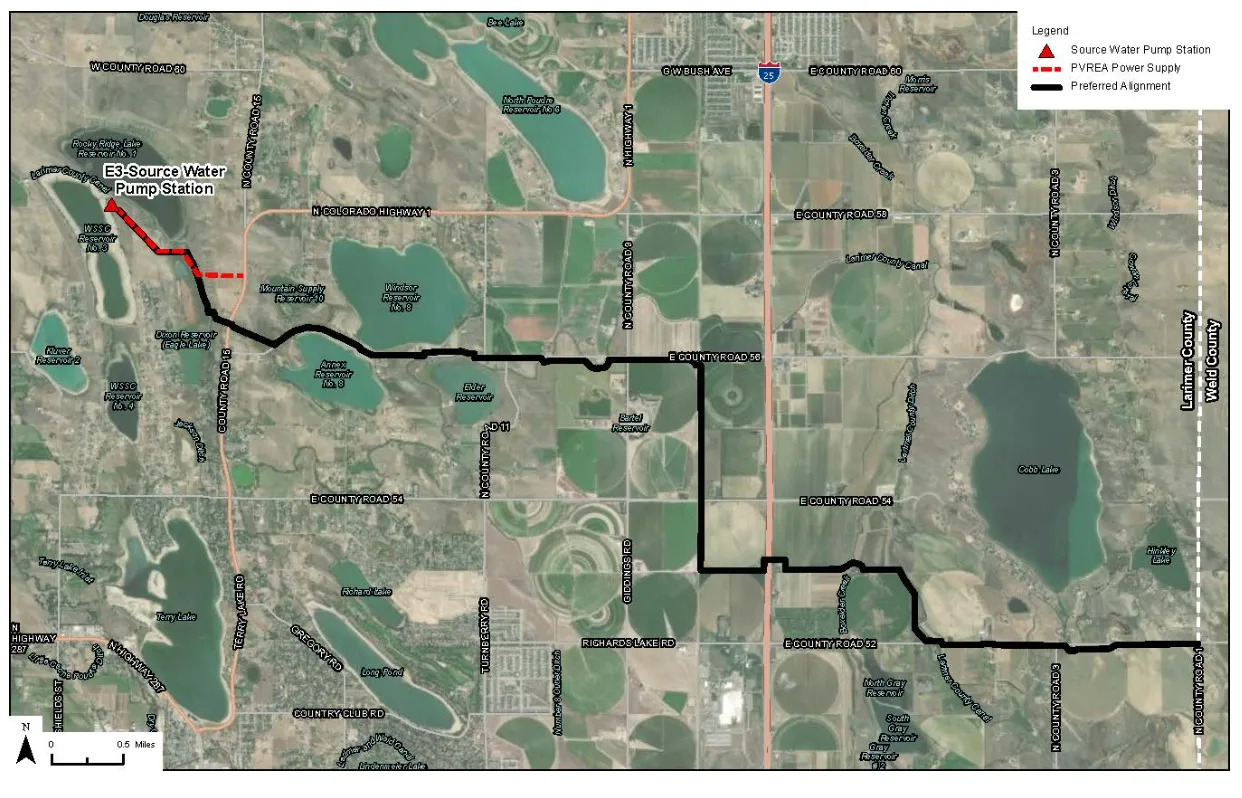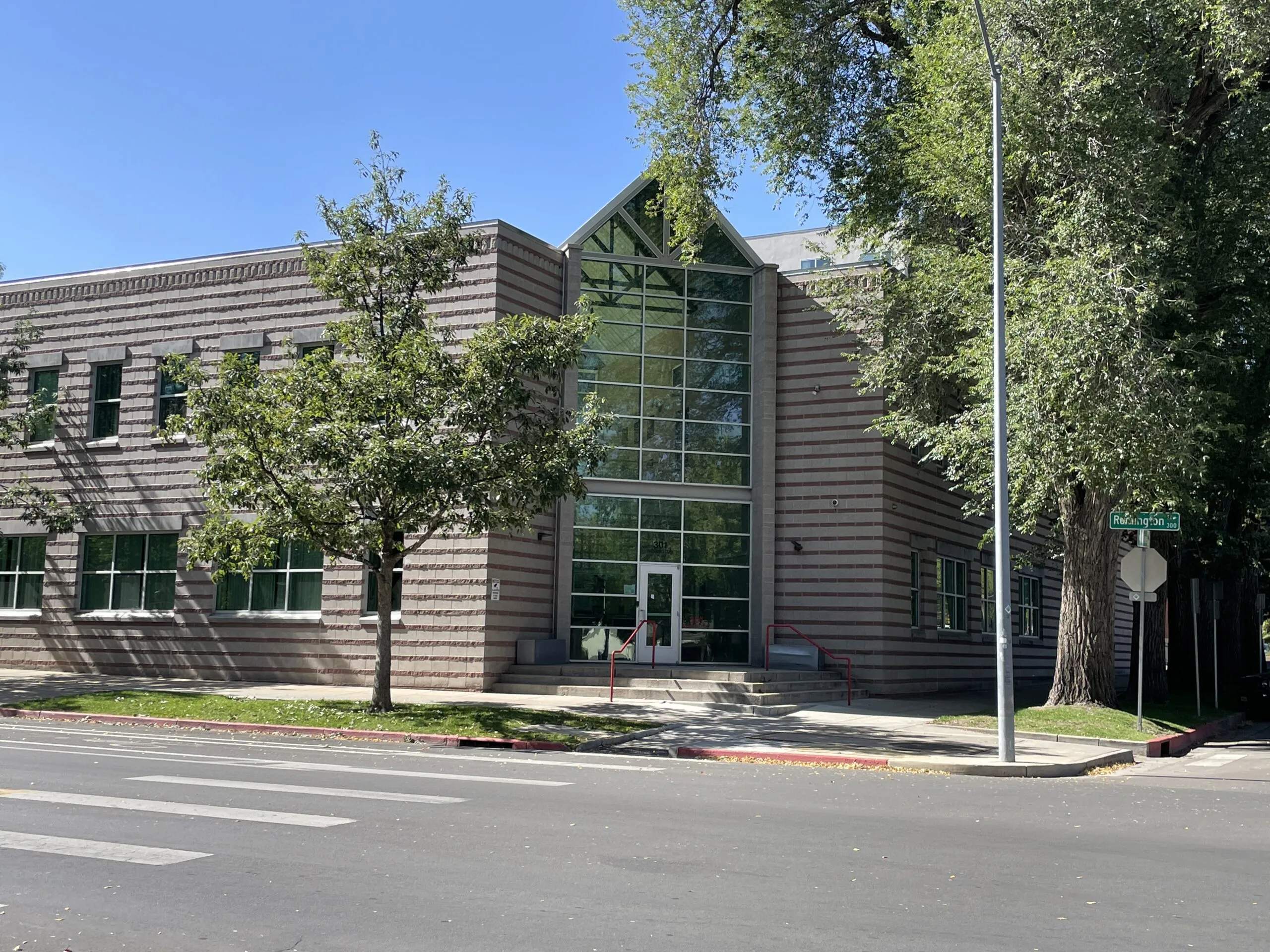Larimer ends long saga, OKs Thornton water pipeline

A reluctant Board of Larimer County Commissioners voted unanimously Wednesday night to grant the city of Thornton’s application to send water it owns through 10.4 miles of pipeline across the county.
THIS ARTICLE IS FOR SUBSCRIBERS ONLY
Continue reading for less than $3 per week!
Get a month of award-winning local business news, trends and insights
Access award-winning content today!
Already have a paid subscription?
Sign in with GoogleSign in with Google





